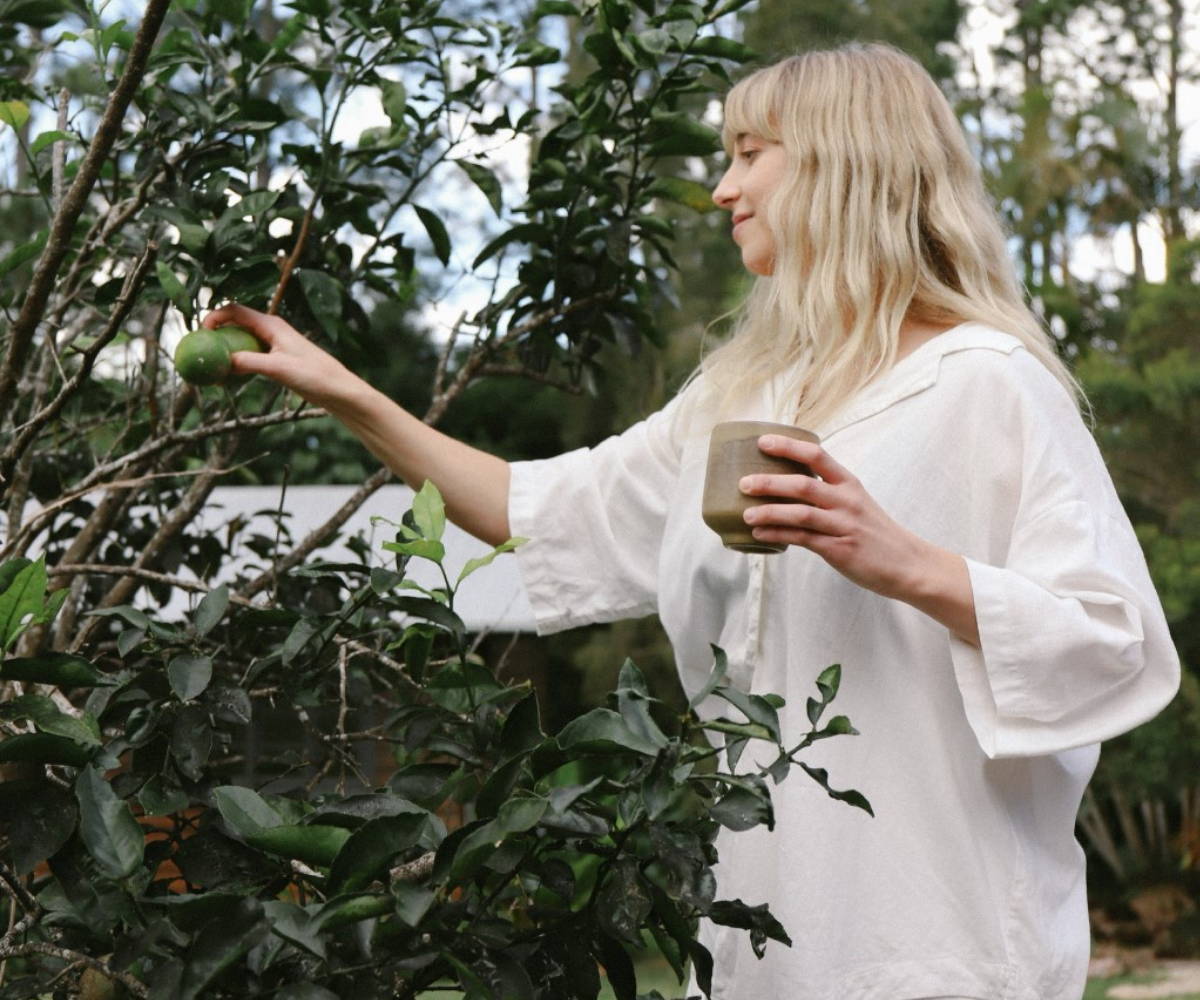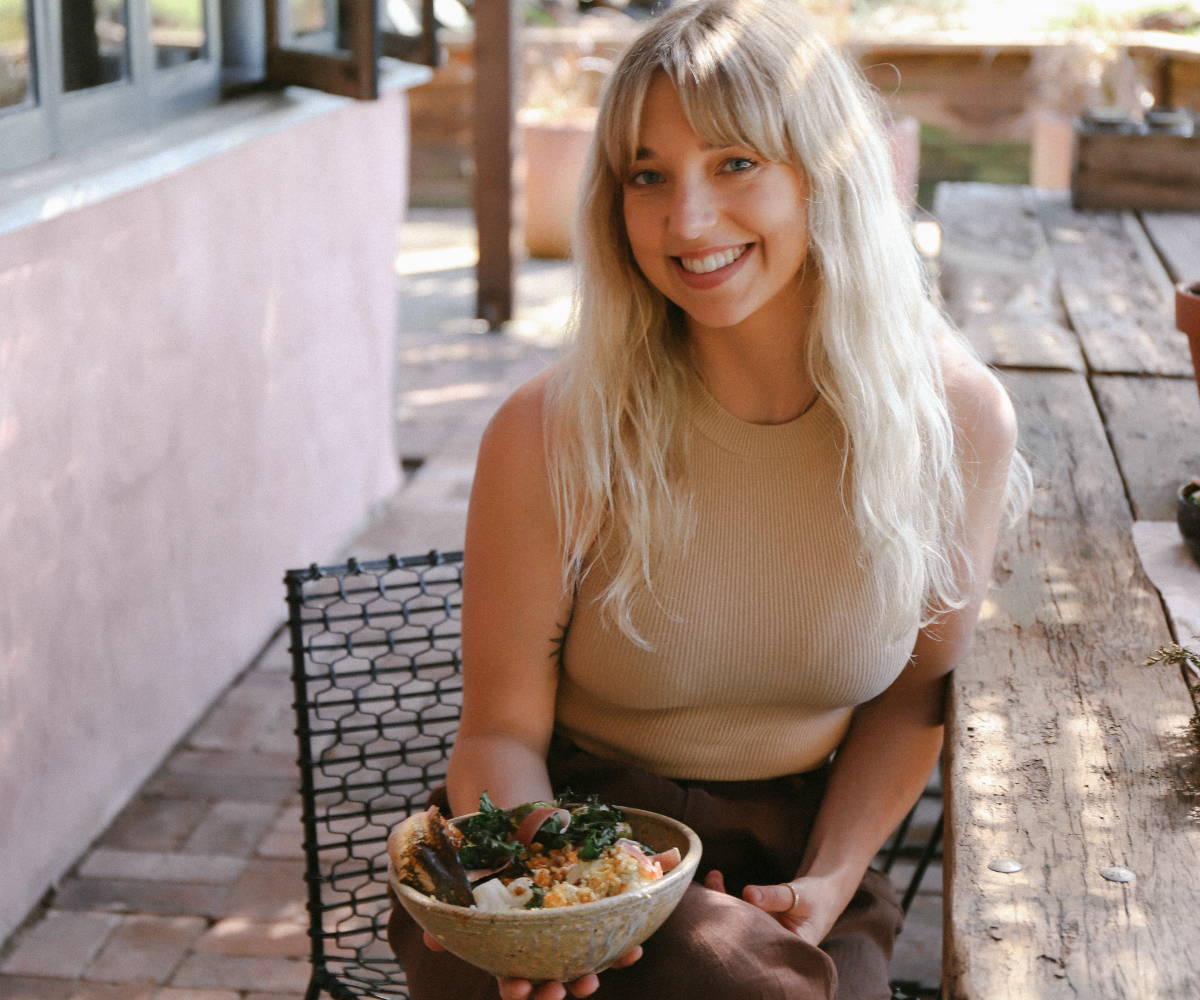Nutritional science can be confusing and at the best of times controversial. Studies are forever evolving in this field, with having high carbohydrate vegan diets popular one week, then high fat keto diets the next. During my studies many of my previous beliefs and ideals of what I thought was the most optimal diet, became completely debunked and irrelevant. Now I understand there is no ‘optimal’ way of eating nor ‘optimal’ status of health to reach, everyone has a version of what optimal health looks for them and that’s okay!
Research surrounding nutrition and food science is still young and a lot of funding goes towards disease treatment, not preventative nutrition. It has opened the window for diverse opinions on this topic - speculating on cure, prevention and cause of disease, as well as what foods and dietary patterns improve or hinder our goal for living a long healthy life. It’s easy to get caught up with information on the news and social media - using apps like instagram as your source of evidence for healthy living. So I have gathered some common misconceptions about diet and nutrition for you.
Vegetarian and vegan diets are healthier for you.
If a vegetarian diet is well balanced with lots of variety, it can absolutely be beneficial for good health as well as environmental sustainability. However, following a restrictive diet comes with its risks. Some people can find imbalances in nutrients such as zinc, calcium, vitamin D, vitamin B12, iron, omega-3 and iodine. You can find some of these nutrients in eggs and dairy if you’re vegetarian, as well as plant sources if you’re vegan. It is important to note, nutrient bioavailability is absorbed differently according to the food source. For example, omega-3 fatty acids are found in both flaxseeds and fish, however your body doesn’t absorb the plant-based form as readily as seafood omega-3s. If you are already vegetarian or vegan, it’s a good idea to get your blood tested every 6-12 months to ensure your nutrient intake is at adequate levels. If you are thinking about following a vegetarian or vegan diet, speak to a trusted nutritionist to guide you through this transition in a healthy way.

Low-fat and fat-free products will help you lose weight.
Low-fat culture came about in the 1980s where experts recommended reducing fat to help lower cholesterol. From this evidence, the food industry responded with low-fat breakfast cereals, low-fat yoghurt, reduced fat peanut butter and skim milk—all of which are packed full of sugar to make them still taste flavoursome. Rather than increasing fruits, vegetables, whole grains and legumes, people gravitated towards a high-sugar and high-refined carbohydrate diet. Our healthy fats (monounsaturated and polyunsaturated) can be found in salmon, avocado, olive oil, nuts and tahini. These fats help increase our metabolism, stimulate fat burning, keep us fuller for longer and optimise our cholesterol profile.
A detox diet will cleanse toxins from your body.
There are specific types of foods that can help support our body through detoxification pathways, including vegetables like broccoli, cauliflower, kale, cabbage and beetroot. That being said, our liver is the organ that detoxifies our toxins (not juice cleanses!). A diet of fried foods, sugary products and alcohol are hard for your liver to process, which slows down these detoxification pathways. A “detox” diet such as a juice cleanse, is not designed for long-term use and will strip your gut of heathy fibres which help feed your “good” bacteria. The most beneficial thing we can do to remove toxins is to take care of our liver by maintaining a healthy diet of fruits, vegetables, whole grains, lean proteins and avoiding alcohol where possible.

Everyone can benefit from a probiotic
Probiotics are our “good” bacteria designed to help maintain a heathy gut flora and immune system. When gut flora becomes unbalanced with “bad” bacteria, probiotics can help restore this balance. However, everyone has a unique balance of microbes in their gut and if probiotic supplementation is required, specific strains need to be identified by a healthcare practitioner to supplement you appropriately. Food sources where you can find probiotics naturally include yoghurt, kefir, sauerkraut, sourdough bread, kimchi, kombucha and some cheeses. Like the saying goes, too much of a good thing is a bad thing and the same applies with probiotics.
Eating healthy is expensive
Health products and organic foods can definitely be pricey, particularly when following the latest health food trends. Eating plant foods seasonally is not only the most affordable way to consume foods, but they provide you with greater satiety than typical fast and junk foods. Some of the most nutrient dense foods are cheap as chips including potatoes, rice, carrots, bananas, lentils and beans. Shopping locally at farmers markets can also be beneficial in grabbing bargain deals for fresh produce. Coming into summer here in Australia, now is a great time to stock up on seasonal fruit and vegetables such as apples, berries, papaya, pineapple, avocado, green beans, beetroot, zucchini, basil and many more!
GET IN TOUCH WITH ERIN
Instagram: @thelongevity_nutritionist
Bookings: www.thelongevitynutritionist.com.au
Email: erin@thelongevitynutritionist.com.au
About Erin
Erin is a Clinical Nutritionist with a passion for longevity medicine and researching new ways to optimise our health span, while prolonging our lifespan. With chronic disease on the continuous rise, it’s never been so important to take care of our bodies now, starting from any age.
